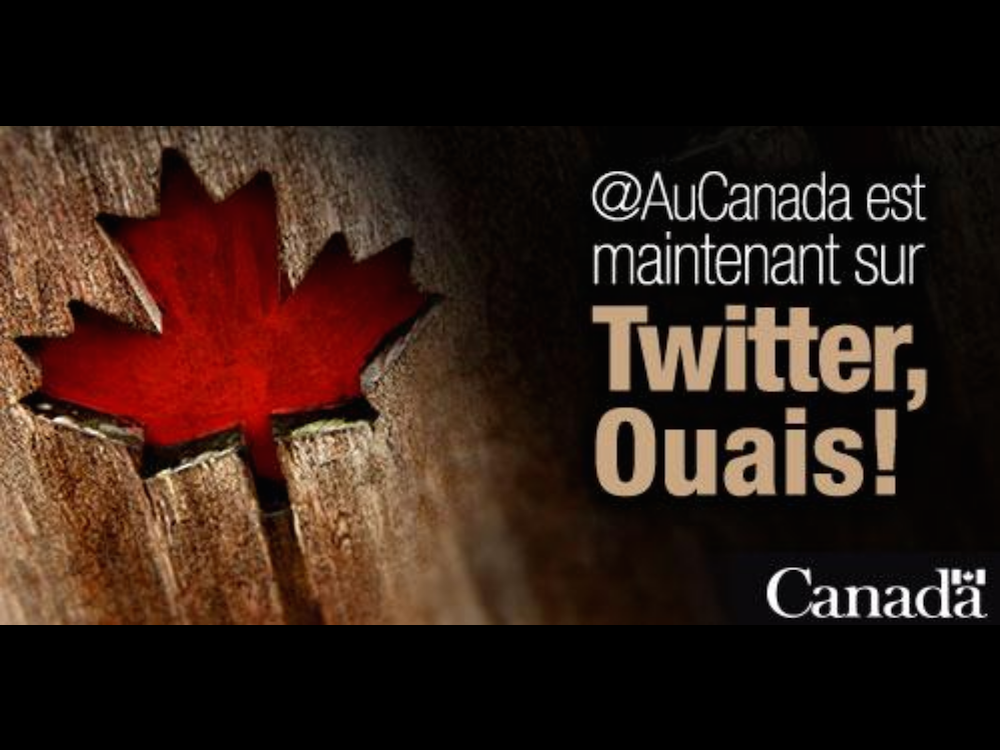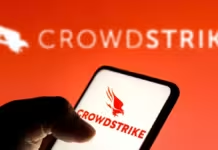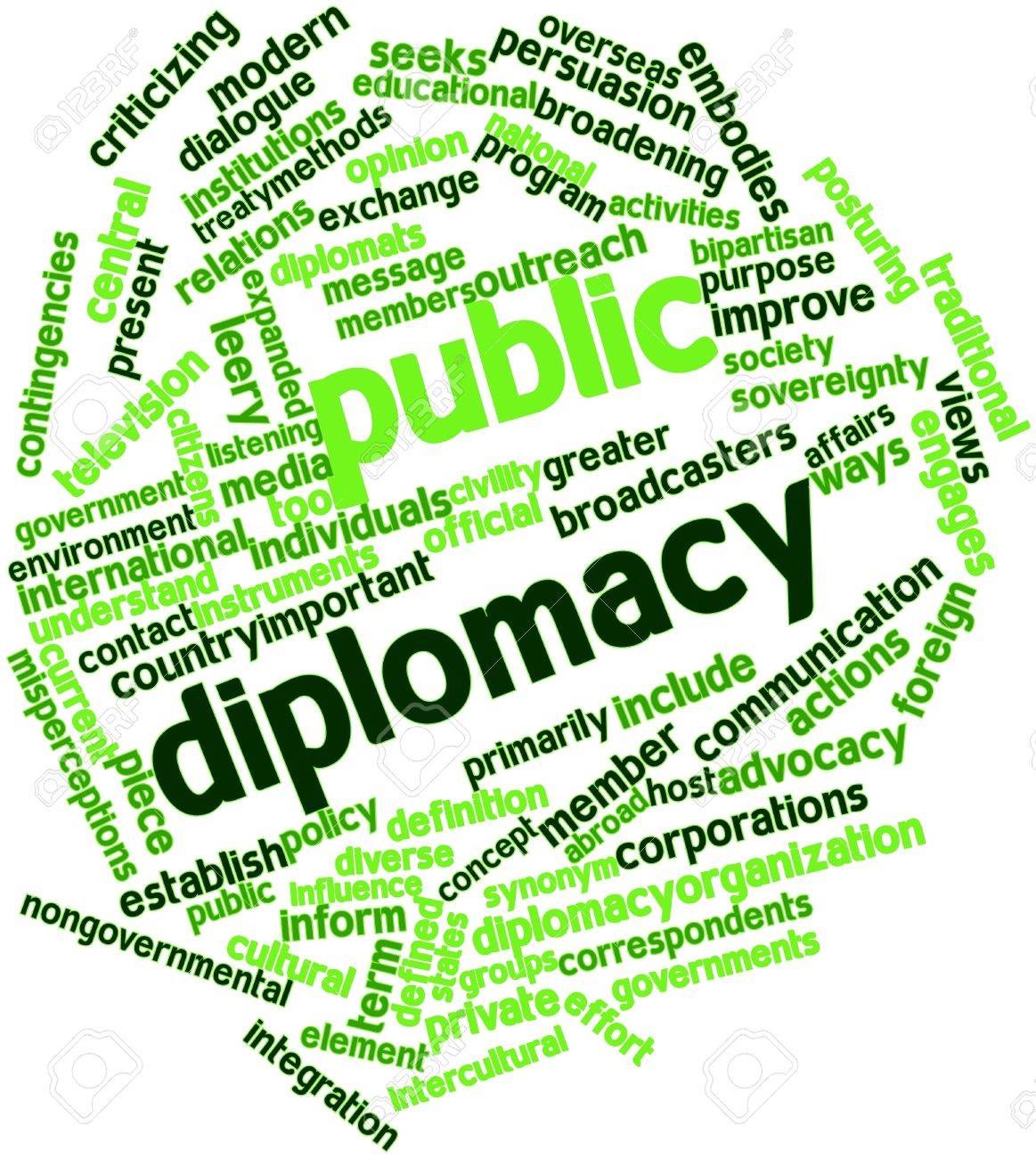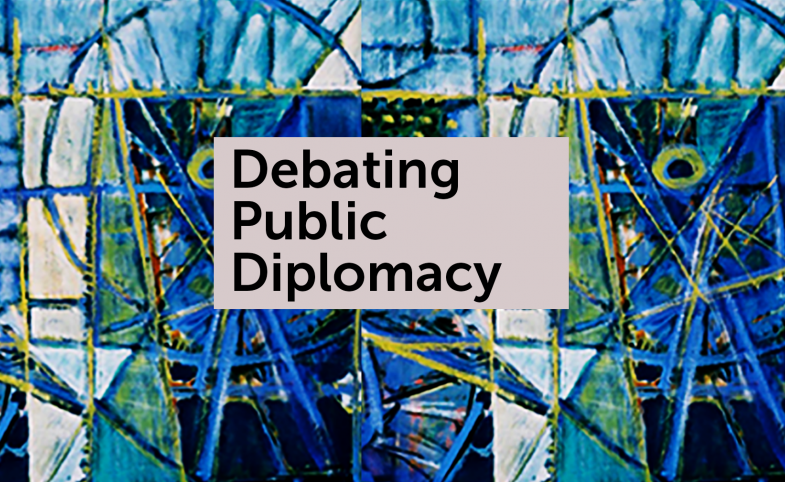It was, perhaps, as Canadian a moment in the 21st century as you’re going to get.
Last Wednesday, Canada officially launched its national Twitter accounts in French and English as part of an integrated diplomacy strategy. At a Department of Foreign Affairs, Trade and Development event in Ottawa, Minister John Baird prefaced the launch with a speech on the importance of social media for promoting national interests in the digital age.
With that, Canada took to Twitter. The first English tweet read as follows: “@Canada’s now on Twitter, eh!” The French @AuCanada said: “@AuCanada est maintenant sur Twitter, Ouais!”
It wasn’t long before the first wave of criticism appeared. Not over anything related to international diplomacy. Rather — because this is Canada — the brouhaha was over language. Specifically, there were questions over whether the French “Ouais” published by the French @AuCanada account was merely a limp translation of the English @Canada’s “Eh.” Up on Parliament Hill, NDP MP Robert Aubin criticized the “suspect French” used in the introductory Tweet.
For what it’s worth, it does look like a lazy translation. As long as French and English remain the two official languages of Canada, and especially given that the government seems to be tapping into folksy colloquialisms to promote the country, the language issue isn’t entirely unimportant. Still, the fact that English Canada’s formal debut into the world of 21st century digital diplomacy relies on cultural references forged by beer-swilling hosers Bob and Doug McKenzie is kind of funny. What is the French equivalent to “Eh,” anyway? “Ouais,” “ouin,” or “tsé?” Who gets to decide?
Language debates like this will probably always have currency in Canada. But how do they fit into the context here? Digital diplomacy is “the biggest technological revolution to hit the practice of public diplomacy in a generation,” as Roland Paris, University Research Chair in International Security and Governance at the University of Ottawa, has suggested. These days, social media allows diplomats to interact with activists, citizens, political leaders and non-governmental organizations in real time. Those who fail to hook into these new forms of online communication risk losing influence in the international arena.
Canada already has a few social media wins under its belt. One of the best-known took place this summer, after a Russian military spokesman told Reuters that some of its soldiers had “accidentally” crossed into sovereign Ukrainian territory. In response, the Canadian Joint Delegation to NATO tweeted a map of Eastern Europe marked “Russia” and “Not Russia.” It came with the following caption: “Geography can be tough. Here’s a guide for Russian soldiers who keep getting lost and ‘accidentally’ entering Ukraine.” The map went viral. It was re-tweeted tens of thousands of times, including by the United States’s UN Ambassador Samantha Powers. Russia hit back, tweeting its own map showing Crimea — which it annexed from Ukraine in March — as part of its territory. The message read: “Helping our Canadian colleagues to catch up with contemporary geography of Europe.”
Cheeky? Yes. Passive aggressive? Definitely. But in a world where these kinds of debates are increasingly taking place across social media platforms, the exchange helped to cement Canada as a player in shaping public discussion on international matters.
Of course social media will never be weighted with the same kind of diplomatic gravity as actual state-to-state communications. That moment at the G20 summit in Brisbane, for example, when Stephen Harper took Vladimir Putin’s outstretched hand while saying: “I guess I’ll shake your hand but I have only one thing to say to you: you need to get out of Ukraine,” trumped the Russia/Not Russia Twitter map in terms of diplomatic impact.
At any rate, congratulations, Canada, for finally stepping into the world of Twiplomacy. The fact that we have officially emerged into the 21st century digital age amid a mild linguistic controversy is apt. Pure Canadiana. Tsé?
http://montrealgazette.com/news/national/celine-cooper-canada-joins-twitter-causes-what-else-language-controversy









